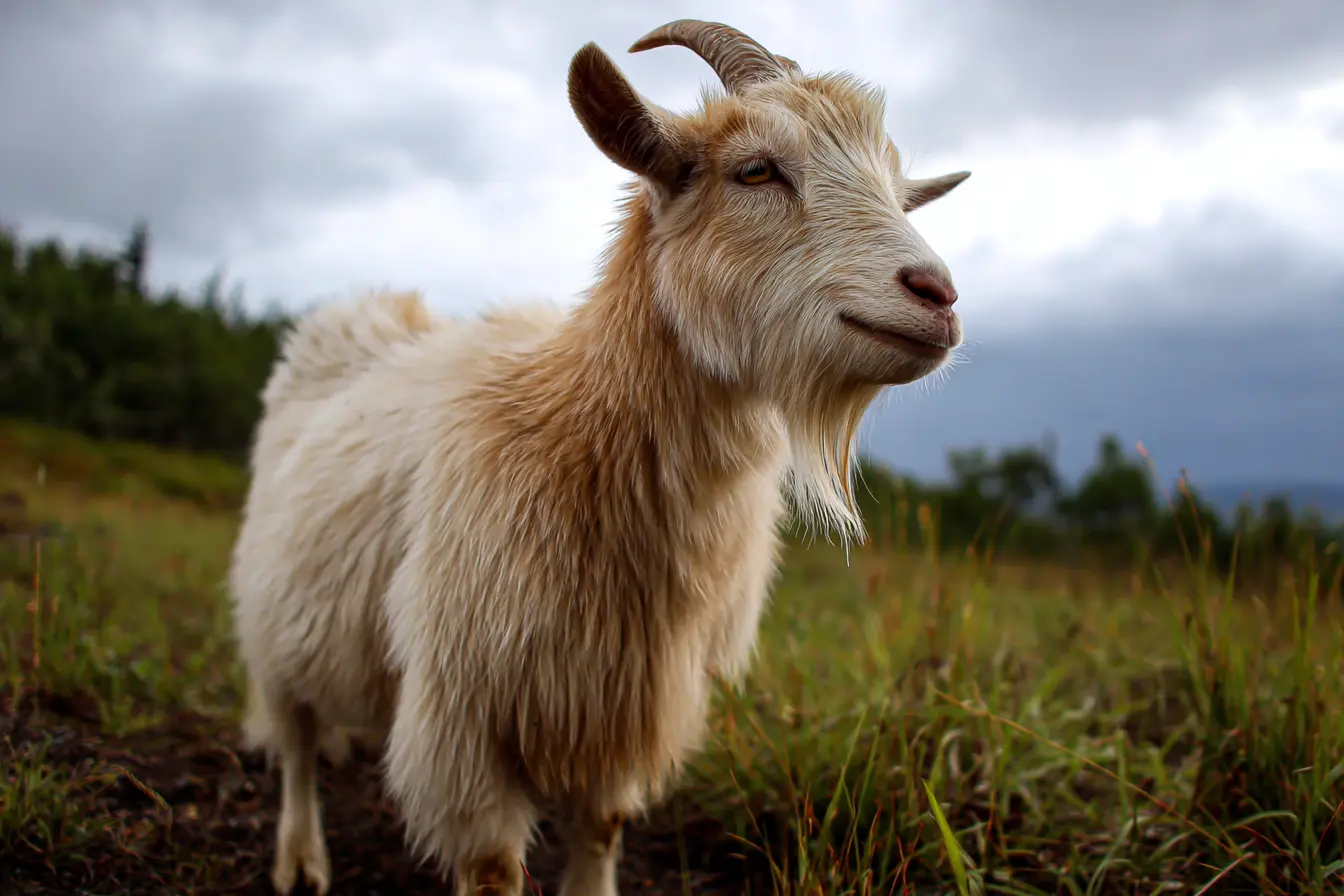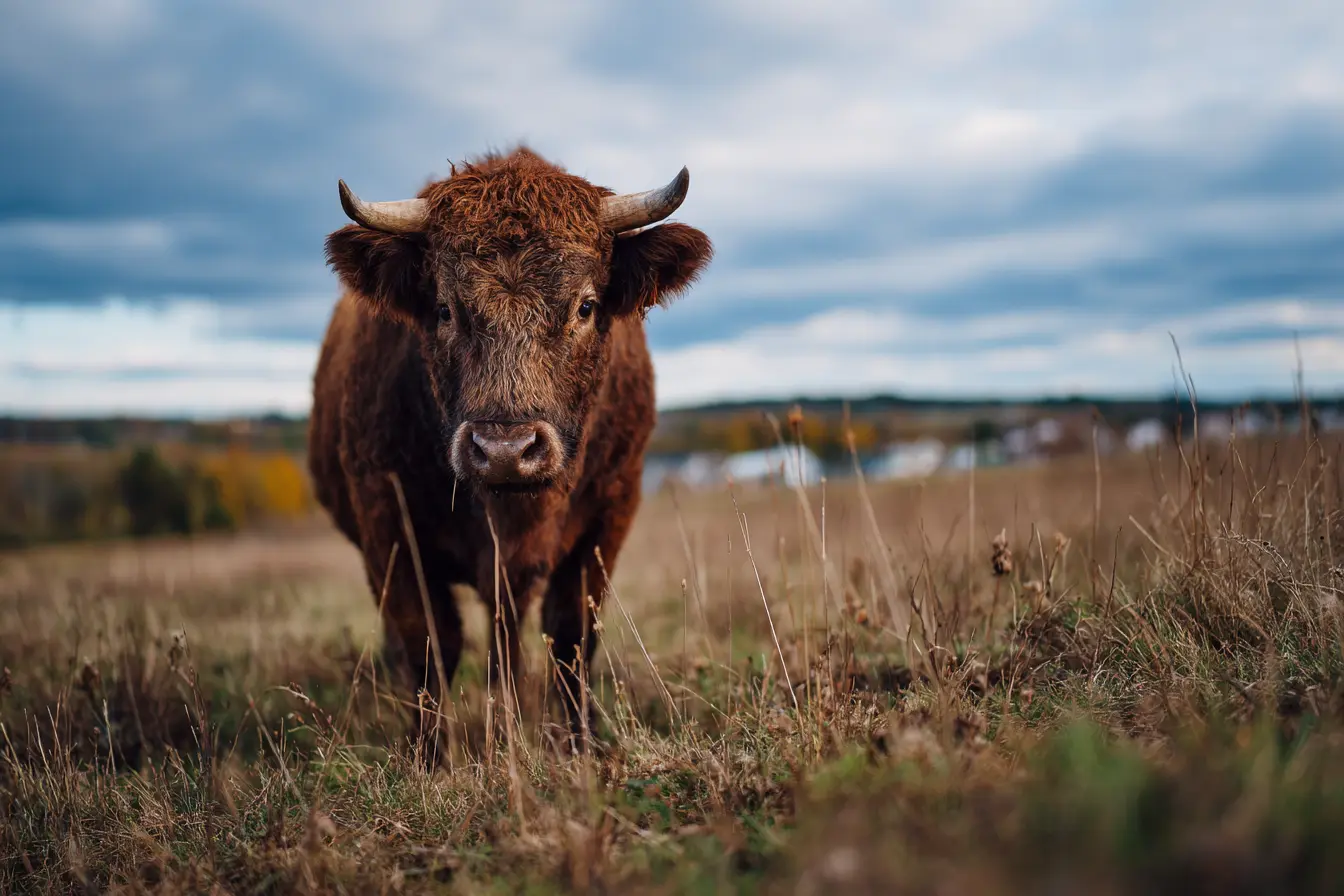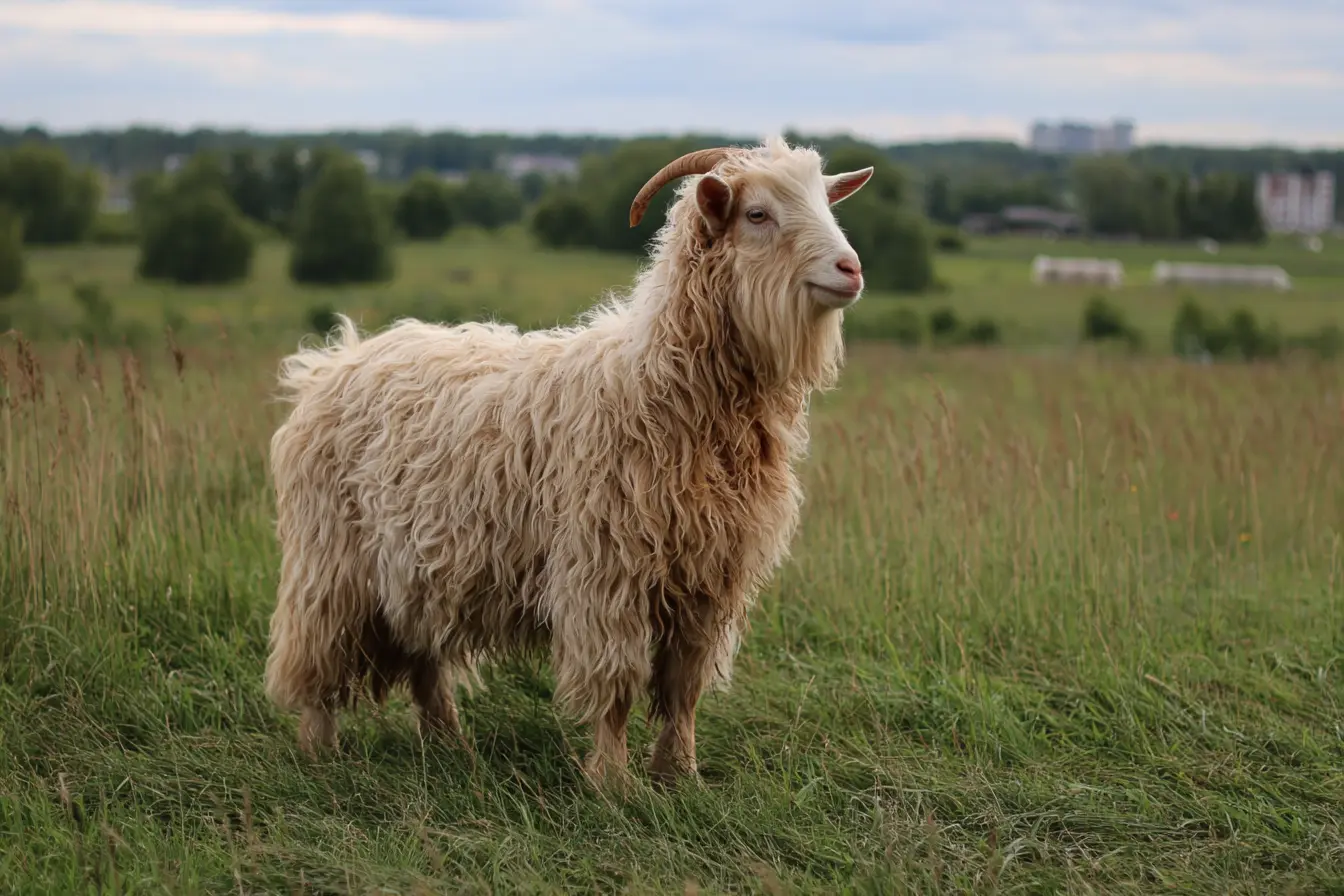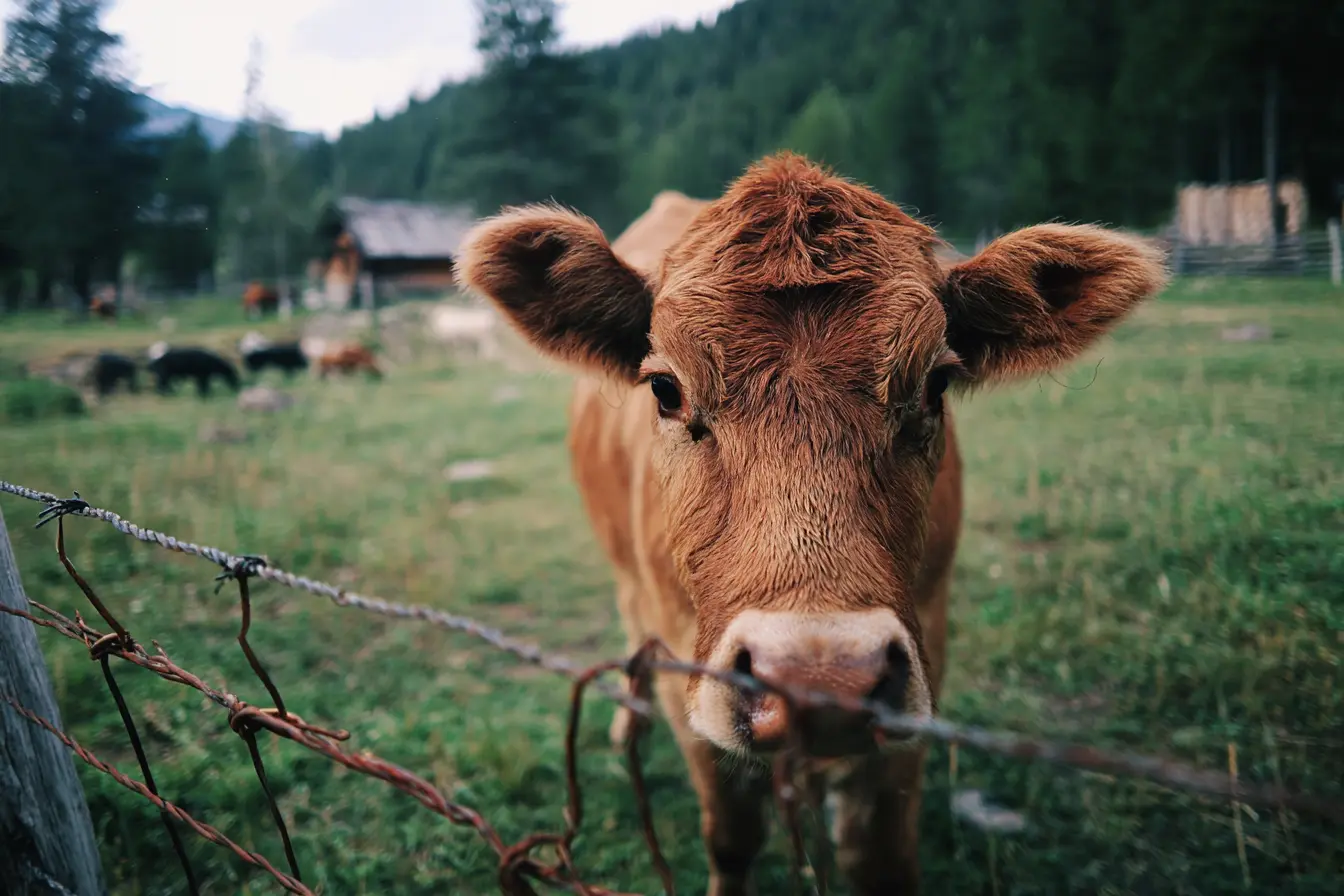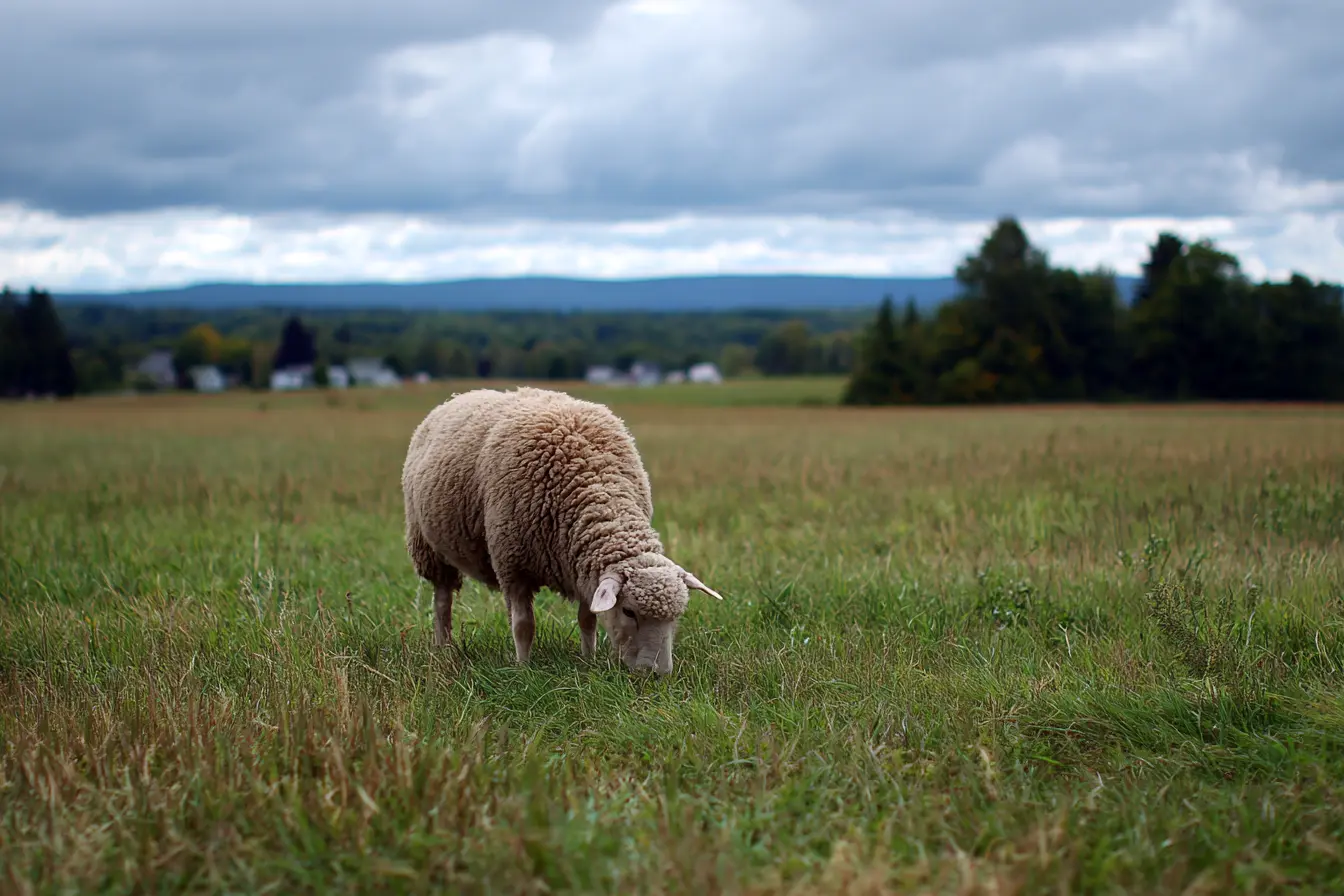
The Dangers of Sudden Dietary Change in Sheep And How to Prevent Problems
Sheep are resilient grazing animals, but their digestive systems are sensitive to abrupt changes. Sudden dietary shifts can lead to serious health problems, ranging from mild digestive upset to life-threatening conditions. In the UK, where seasonal changes affect forage availability and supplementary feeding is common, it is especially important for sheep keepers to understand the risks of sudden diet change and how to manage feeding transitions safely.
This guide explores why sudden dietary change is dangerous for sheep, the conditions it can cause, common risk situations, and practical ways to prevent issues.
Why Sudden Dietary Change is Dangerous for Sheep
Sheep are ruminants, meaning they depend on a four-compartment stomach, with the rumen playing a crucial role in breaking down forage. The rumen is home to billions of microbes that ferment fibre and convert it into energy.
These microbes adapt to the diet sheep are used to. When feed changes too quickly, the microbial balance is disrupted, leading to:
- Overproduction of acids or gas.
- Reduced ability to digest fibre.
- Growth of harmful bacteria.
- Toxin release and metabolic disorders.
This imbalance can quickly progress to illness or death, particularly in lambs or intensively fed flocks.
Common Problems Caused by Sudden Dietary Change
Bloat
- Caused by excess gas in the rumen that cannot be released.
- Triggered by sudden access to lush clover, alfalfa, or rich, wet pastures.
- Symptoms include abdominal distension, discomfort, frequent lying down and getting up, and in severe cases, difficulty breathing.
- Can be fatal if untreated.
Acidosis (Grain Overload)
- Occurs when sheep consume large amounts of cereal or high-energy feed suddenly.
- Excess starch ferments rapidly, producing lactic acid and lowering rumen pH.
- Symptoms include loss of appetite, diarrhoea, lethargy, staggering, and sudden death.
- Chronic acidosis can cause laminitis and poor growth rates.
Pulpy Kidney Disease (Enterotoxaemia)
- Triggered by sudden changes that favour rapid growth of Clostridium perfringens type D in the gut.
- Toxins damage the kidneys and brain.
- Common in fast-growing lambs on rich pasture or concentrates.
- Vaccination is essential to prevent outbreaks.
Diarrhoea and Nutritional Scours
- Caused by microbial imbalance following abrupt feed change.
- Leads to dehydration, weight loss, and poor performance.
- Lambs are particularly vulnerable.
Reduced Fibre Digestion
- Rapid introduction of rich feeds reduces fibre-digesting bacteria.
- Fibre breakdown slows, reducing energy extraction from forage.
- Results in inefficient feeding and reduced productivity.
Situations Where Sudden Dietary Change is a Risk
- Moving sheep from winter hay or silage to lush spring pasture.
- Introducing concentrates or cereal-based rations without a gradual build-up.
- Shifting between different forage types (silage to hay, or vice versa).
- Allowing unrestricted access to fodder crops such as turnips, kale, or brassicas.
- Feeding garden waste, vegetables, or fruit in large amounts.
- Bringing store lambs into intensive finishing systems without a transition period.
How to Prevent Problems
Gradual Transition
- Introduce new feeds slowly over 7–14 days.
- Start with small amounts of the new diet mixed with the old.
- Increase gradually until the full ration is established.
Control Pasture Access
- Limit grazing time when moving sheep to lush spring pasture.
- Increase grazing periods gradually to allow rumen microbes to adapt.
- Provide hay or fibre alongside rich pasture to balance the diet.
Manage Concentrates Carefully
- Never feed large amounts of cereals suddenly.
- Split concentrate rations into smaller meals given consistently.
- Avoid exceeding 0.5 kg per sheep per meal for adults.
Ensure Consistent Fibre Intake
- Provide ad-lib access to forage such as hay or silage.
- Fibre supports healthy rumen activity and prevents acidosis.
- Long-stem fibre is particularly important.
Maintain Routine
- Feed at the same times each day.
- Avoid fasting followed by overeating.
- Ensure consistency in both quality and type of forage.
Vaccination
- Vaccinate flocks against clostridial diseases, especially pulpy kidney.
- Give ewes a booster before lambing to pass immunity to lambs through colostrum.
- Vaccinate lambs from 6–12 weeks of age, depending on colostrum cover.
Close Monitoring
- Observe sheep closely during diet changes.
- Look for early warning signs such as loss of appetite, bloating, diarrhoea, or lethargy.
- Separate and treat affected animals promptly.
- Contact a vet immediately if multiple animals are affected.
Economic and Welfare Impact
- Sudden dietary change can cause deaths, especially in valuable lambs.
- Survivors may suffer reduced growth, poor feed efficiency, and lower productivity.
- Veterinary treatment costs rise when preventable digestive issues occur.
- Welfare is compromised, as sheep experience pain, discomfort, or sudden death.
Conclusion
Sudden dietary change is one of the greatest feeding risks for sheep, yet it is also one of the easiest to prevent. By making gradual transitions, managing pasture and concentrates carefully, maintaining consistent feeding routines, and vaccinating against clostridial diseases, farmers can avoid serious health problems.
Careful planning during seasonal changes or when adjusting rations ensures not only healthier sheep but also better productivity, profitability, and welfare across the flock.
Vets near you
Speciality vets
- Aquatics vet specialists
- Birds vet specialists
- Camelids vet specialists
- Cats vet specialists
- Cattle vet specialists
- Deer vet specialists
- Dogs vet specialists
- Equines vet specialists
- Exotic vet specialists
- Goats vet specialists
- Pigs vet specialists
- Poultry vet specialists
- Sheep vet specialists
- Small Mammals vet specialists
- Wild vet specialists
Vet facilities
- Accessible by public transport
- Blood testing
- Car park nearby
- Client car park
- Dentistry
- Diagnostic imaging
- Disabled public access
- Flea and worm treatments
- Microchipping
- Mobile services
- Neutering
- Open at weekends
- Out-of-hours service
- Referral interests
- Referrals only
- Street parking outside
- Toilets available
- Vaccinations
